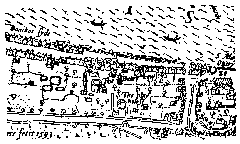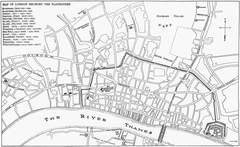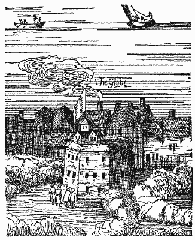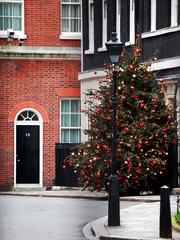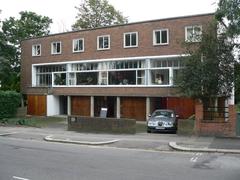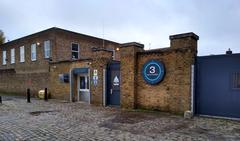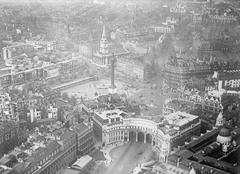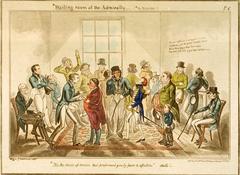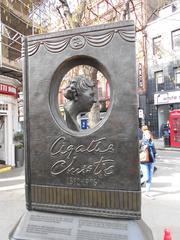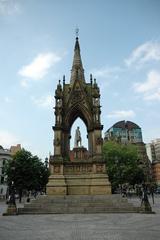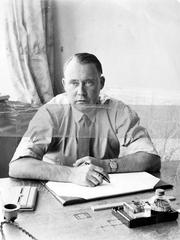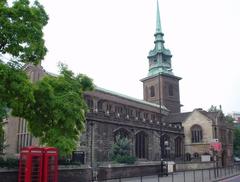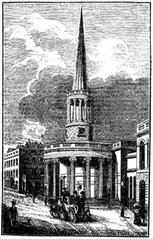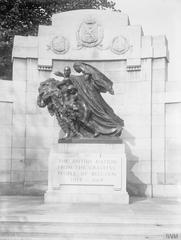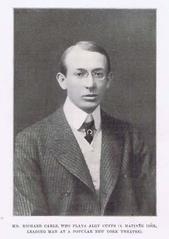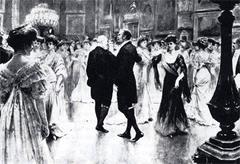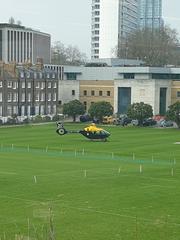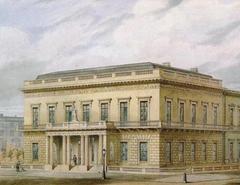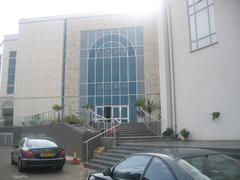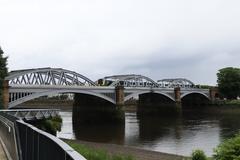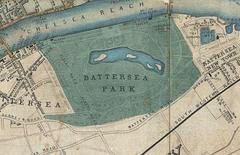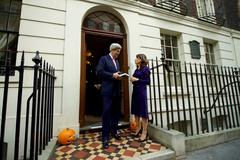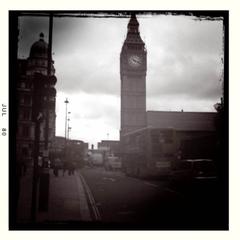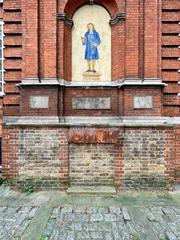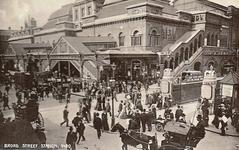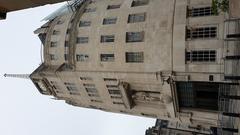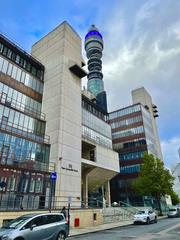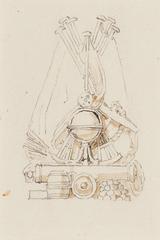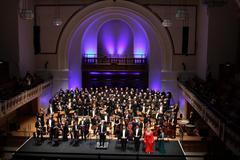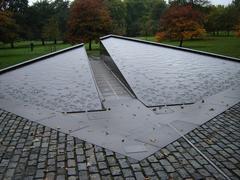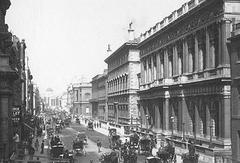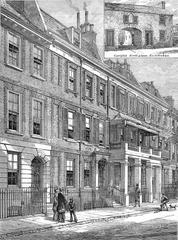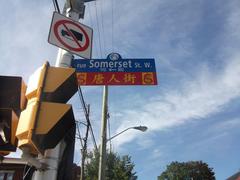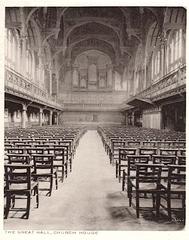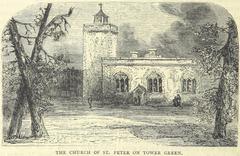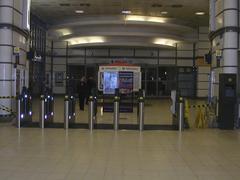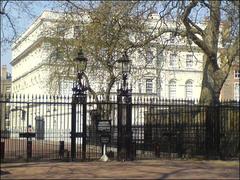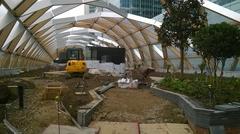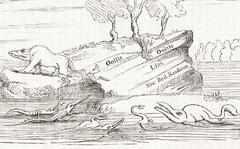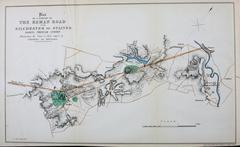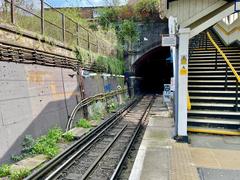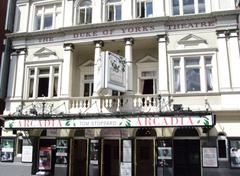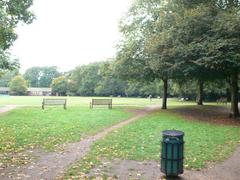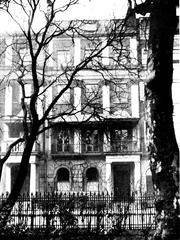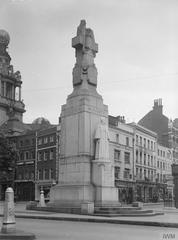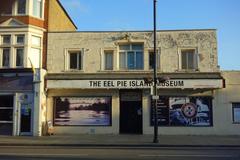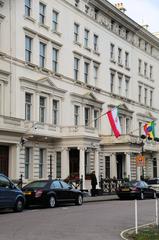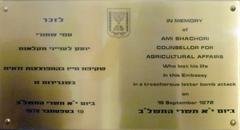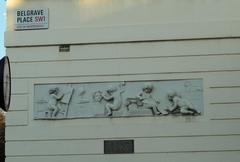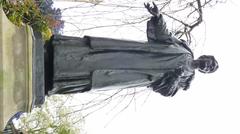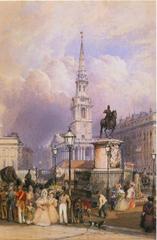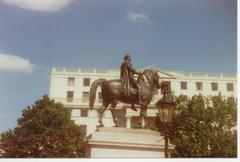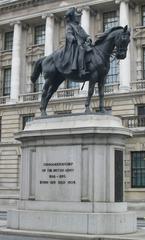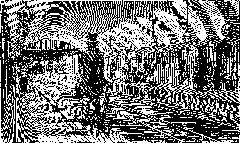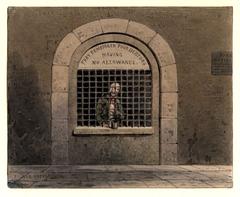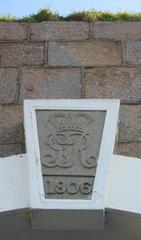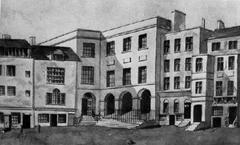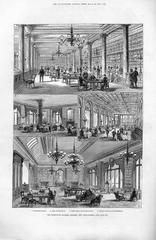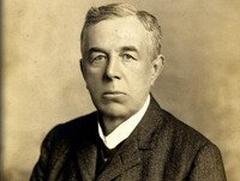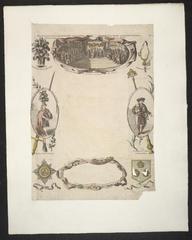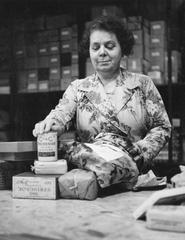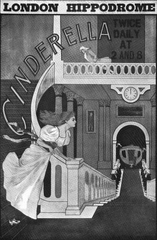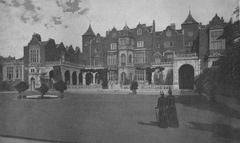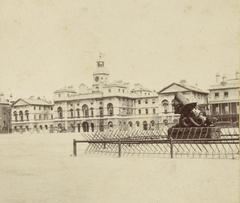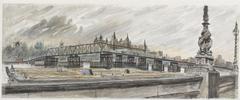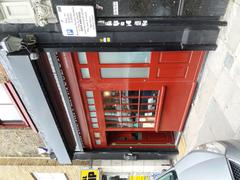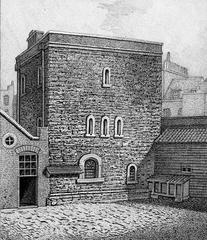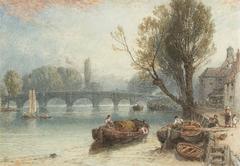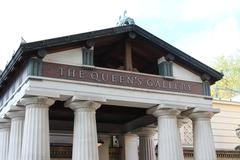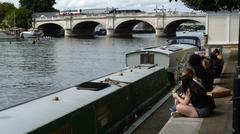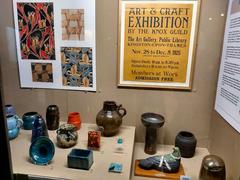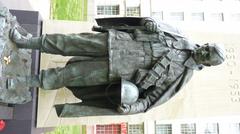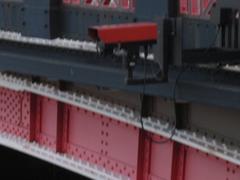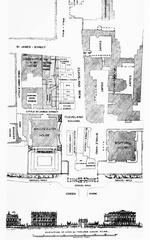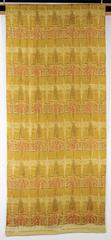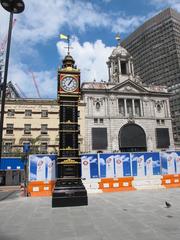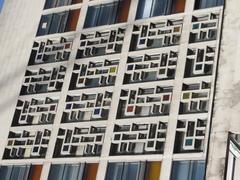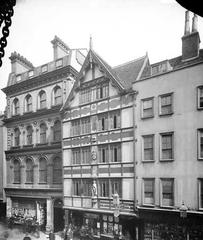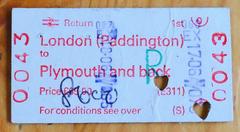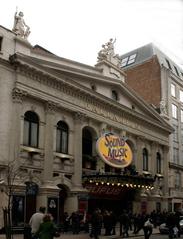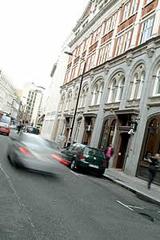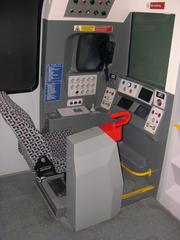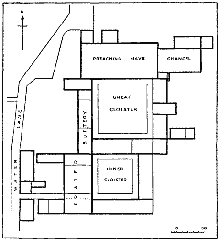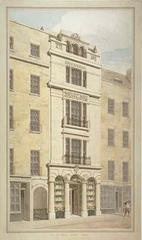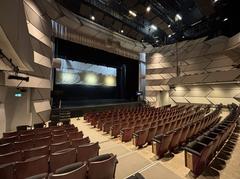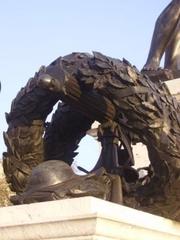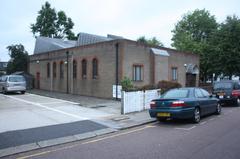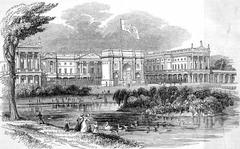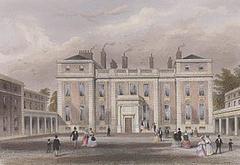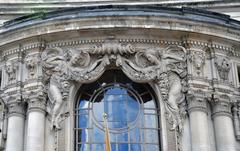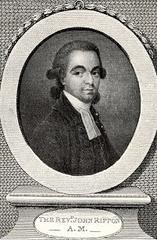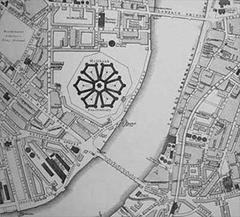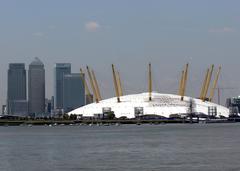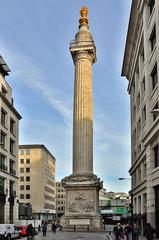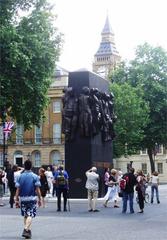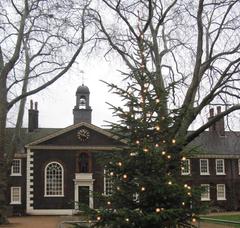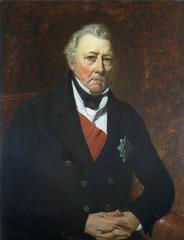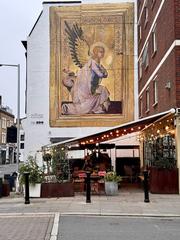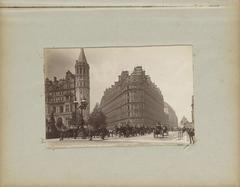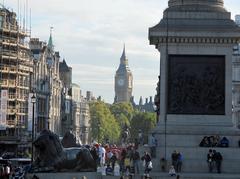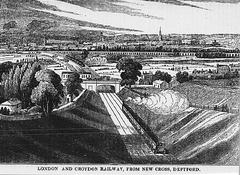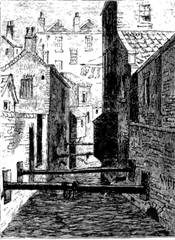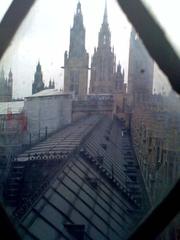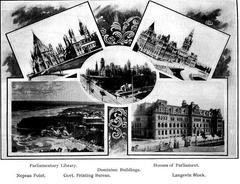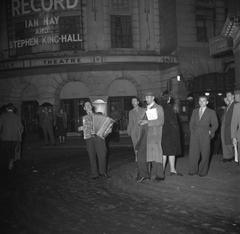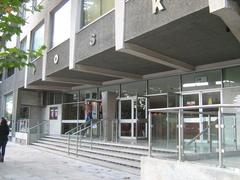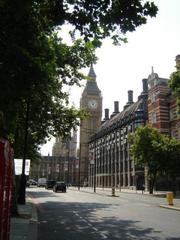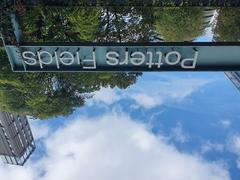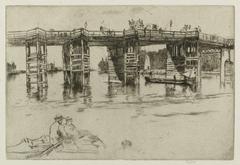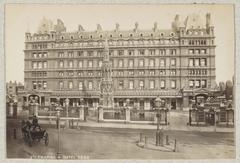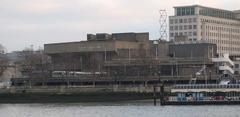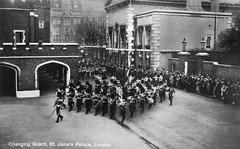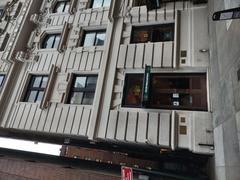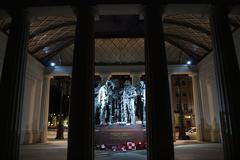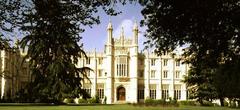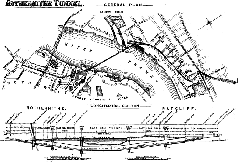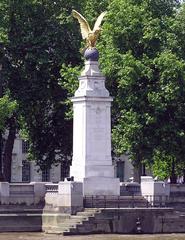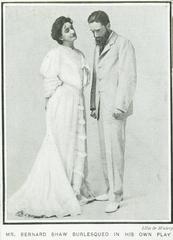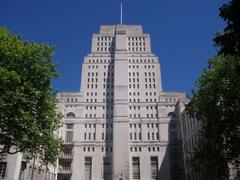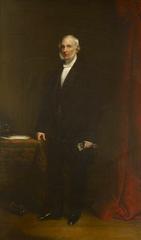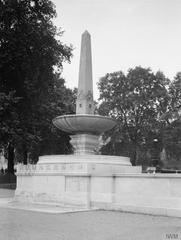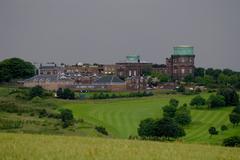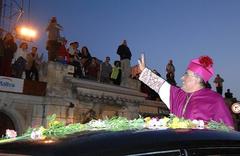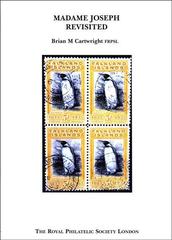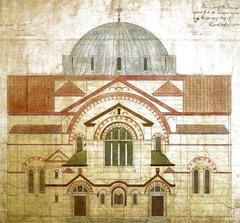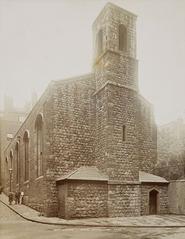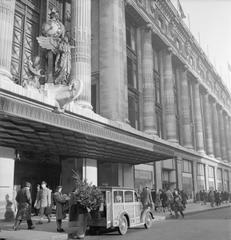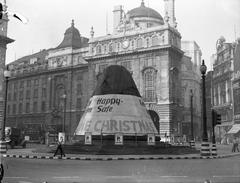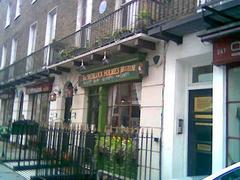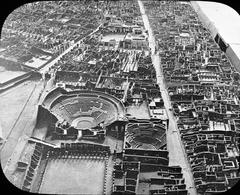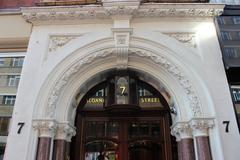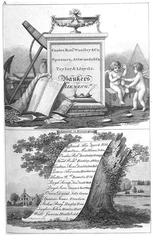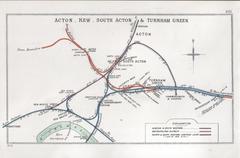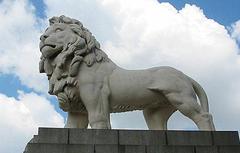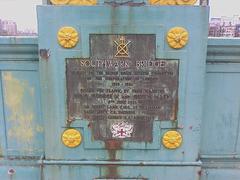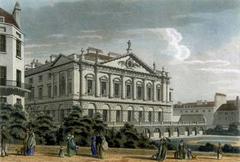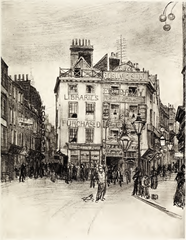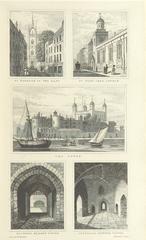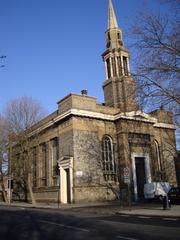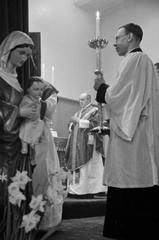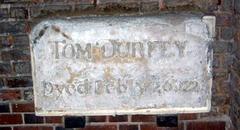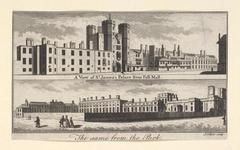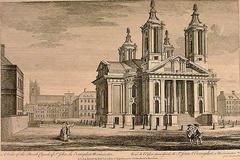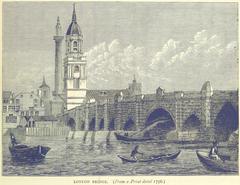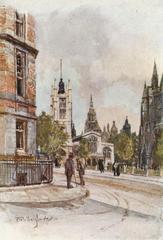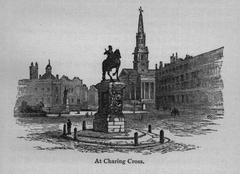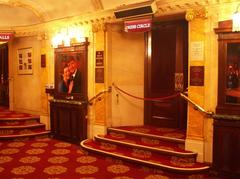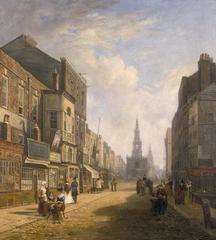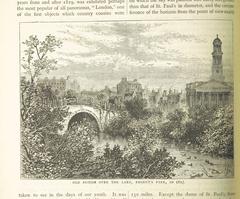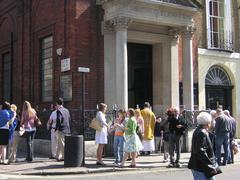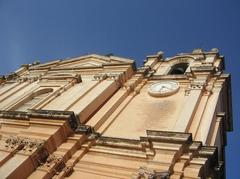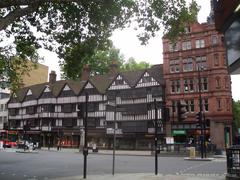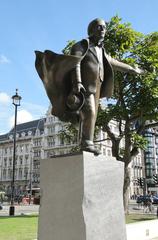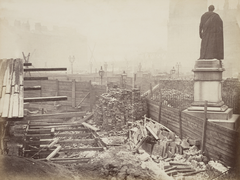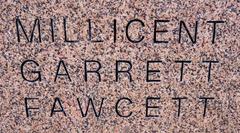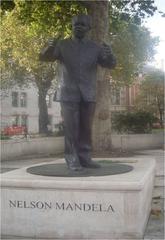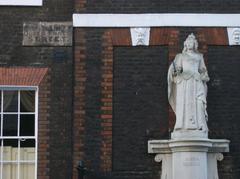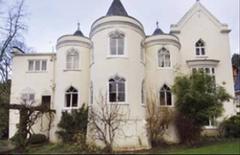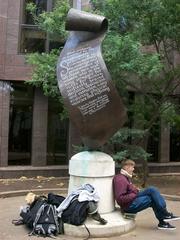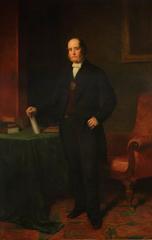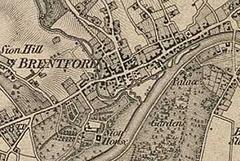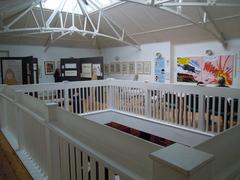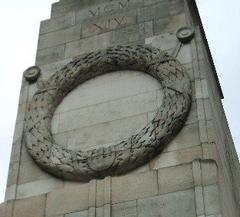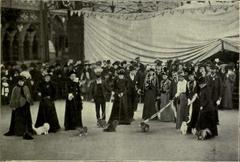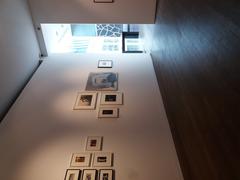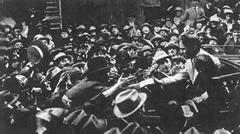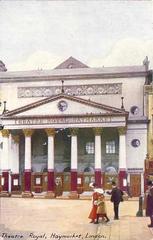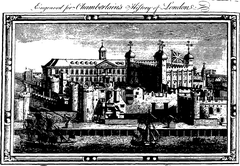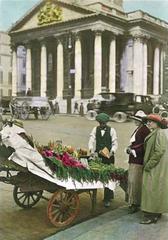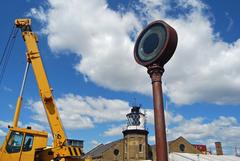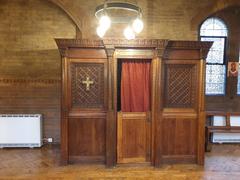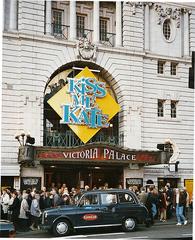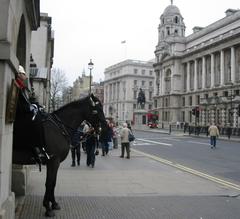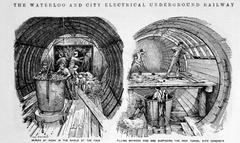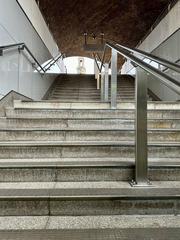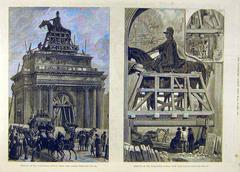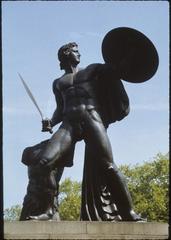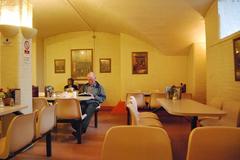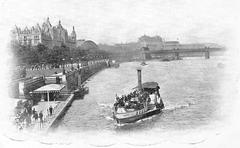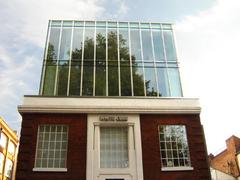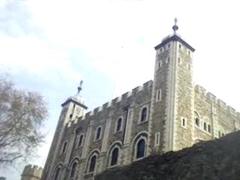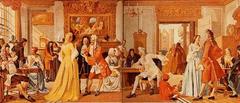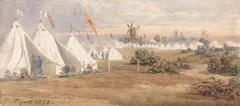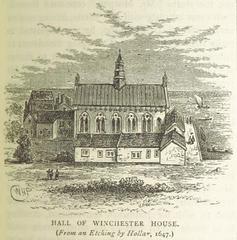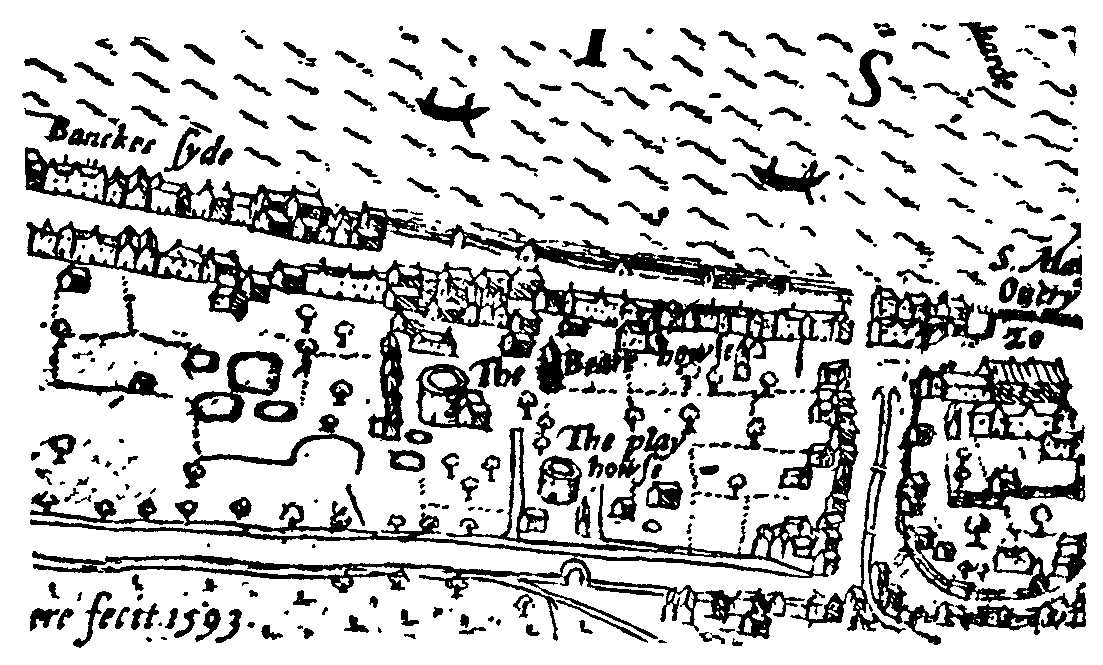
The Rose Theatre London United Kingdom: Visiting Hours, Tickets, and Historical Sites Guide
Date: 14/06/2025
Introduction
The Rose Theatre, located in Bankside, London, is one of the most significant sites from the age of Elizabethan theatre and English Renaissance drama. Built in 1587 by Philip Henslowe and John Cholmley, it predates the more famous Globe Theatre and stands as a testament to the vibrant theatrical culture that flourished on the South Bank of the Thames. Today, the preserved archaeological remains of The Rose offer visitors a unique opportunity to experience the roots of modern theatre and to explore a site where Shakespeare, Marlowe, and other pioneers first brought their work to life. Its rediscovery in 1989 beneath a modern office block has provided scholars and the public with invaluable insights into Elizabethan playhouse design and theatrical practice (Britannica; Rose Playhouse).
Located near Shakespeare’s Globe Theatre and the Tate Modern, The Rose forms an essential part of Bankside’s cultural quarter. Whether you are a theatre enthusiast, a history buff, or a curious traveler, this guide provides all the essential visiting information, including hours, ticketing, accessibility, and practical tips to make your visit unforgettable (Rose Playhouse; ianVisits).
Table of Contents
- Introduction
- The Rose Theatre: Origins and Construction
- Theatrical Significance and Early Years
- The Elizabethan Theatre Scene
- Decline, Closure, and Rediscovery
- Archaeological and Cultural Legacy
- Rose Theatre Visiting Hours and Ticket Information
- Accessibility and Visitor Facilities
- Tips for a Memorable Visit
- Dining and Amenities Nearby
- Souvenirs and Further Learning
- Exploring More London Historical Sites
- Frequently Asked Questions (FAQ)
- Conclusion
- References
The Rose Theatre: Origins and Construction
Constructed in 1587 by Philip Henslowe and John Cholmley, The Rose was among the earliest purpose-built playhouses in London. Built atop a brick foundation with an octagonal timber-and-plaster superstructure, it could seat over 2,000 spectators and featured a partially thatched roof. Its location—on a leased rose garden on the South Bank—placed it at the heart of what would become London’s theatre district (Britannica).
Theatrical Significance and Early Years
By 1592, The Rose had established itself as a premier venue for leading acting companies, including Lord Strange’s Men, the Admiral’s Men, and actors like Edward Alleyn. The theatre hosted debut performances of seminal works such as Marlowe’s The Jew of Malta, Kyd’s The Spanish Tragedy, and Shakespeare’s Henry VI, Part 1. Its diverse audience ranged from the groundlings to the aristocracy, reflecting the social spectrum of Elizabethan London (Britannica).
The Elizabethan Theatre Scene
The Rose’s location, just outside the City of London’s jurisdiction, allowed for greater creative freedom and helped foster a thriving entertainment district. Alongside other venues like The Globe and The Swan, The Rose contributed to making Bankside a magnet for theatre, music, and popular entertainment. Its innovative tiered design and accessible pricing model drew audiences from all walks of life (Cambridge Antiquity).
Decline, Closure, and Rediscovery
The opening of the Globe Theatre in 1599 and the Fortune Theatre in 1600 led to a decline in The Rose’s fortunes. With its lease expiring in 1605, the theatre was demolished and its exact location faded from memory until the remains were discovered in 1989 beneath an office block during redevelopment (Britannica).
Archaeological and Cultural Legacy
The 1989 archaeological excavation revealed The Rose’s complete foundations and more than 700 artefacts, transforming it into an unparalleled resource for understanding Elizabethan theatre. The site is now a Scheduled Ancient Monument, and ongoing preservation efforts ensure that this unique heritage is protected for future generations (Archaeology Magazine; Rose Playhouse).
The Rose’s legacy extends beyond its physical remains. It played a crucial role in the development of English drama, hosting works by Shakespeare, Marlowe, and other luminaries. The discovery of extensive records, including box office receipts and play lists, provides rare insights into Elizabethan theatre economics and cultural trends (Archaeology Magazine).
Rose Theatre Visiting Hours and Ticket Information
Location: 56 Park Street, Bankside, London SE1 9AR
- Visiting Hours: Hours vary seasonally and according to events and conservation work. Always check the official Rose Playhouse website for up-to-date opening times.
- Tickets: Entry is typically by donation for the archaeological site. Special events and performances require advance ticket purchase, available online or at the venue.
- Access: The Rose is a short walk from London Bridge and Southwark Underground stations. Bus routes and Bankside Pier (river bus) also serve the area (ianVisits).
Accessibility and Visitor Facilities
The Rose Playhouse is partially underground, with step-free access to the building. Some areas of the archaeological site may be challenging for visitors with mobility impairments. Facilities are limited due to the nature of the site—restrooms are available, but there is no on-site café or cloakroom. Contact the venue in advance to discuss accessibility needs (Rose Playhouse).
Tips for a Memorable Visit
- Book in Advance: Space is limited, especially for performances and guided tours (Happy to Wander).
- Dress Appropriately: The underground site can be cool and damp. Wear layers and sturdy, closed-toe shoes.
- Photography: Allowed for personal use, but no flash or tripods.
- Combine with Nearby Attractions: Consider visiting Shakespeare’s Globe, Tate Modern, Borough Market, and Southwark Cathedral during your trip.
- Public Transport: Use the Tube or bus to avoid parking hassles; avoid rush hour for comfort.
- Respect the Site: Follow staff instructions and do not touch the exposed foundations.
Dining and Amenities Nearby
Bankside’s food scene includes traditional pubs, cafés, and the famous Borough Market, providing options for meals before or after your visit. The surrounding area is ideal for a leisurely walk, offering views of the Thames and historic architecture.
Souvenirs and Further Learning
A small shop at The Rose offers books, souvenirs, and educational materials. Guided tours and workshops are available, providing deeper insights into the site’s history and ongoing preservation.
Exploring More London Historical Sites
Frequently Asked Questions (FAQ)
Q: What are the Rose Theatre’s visiting hours?
A: Hours vary seasonally and with events. Check the official website before your visit.
Q: How can I buy tickets for tours or performances?
A: Purchase online via the official website or at the venue, subject to availability. General entry is often by donation.
Q: Is the Rose Theatre site accessible?
A: Step-free access is available, but some areas may not be fully accessible. Contact the venue in advance to arrange assistance.
Q: What attractions are nearby?
A: Shakespeare’s Globe, Tate Modern, Borough Market, and Southwark Cathedral.
Q: Are guided tours available?
A: Yes, guided tours are offered and highly recommended.
Conclusion
The Rose Theatre is a living monument to the birth of English theatre, offering an immersive experience for visitors seeking to connect with London’s dramatic past. From its origins in the Elizabethan era to its rediscovery and preservation, The Rose stands as a testament to the enduring legacy of Shakespeare, Marlowe, and their contemporaries. Plan your visit by checking current hours and ticket options, and make the most of your trip by exploring the vibrant Bankside neighborhood and its many attractions.
To further enrich your experience, download the Audiala app for guided tours and up-to-date visitor information, and follow The Rose on social media for news and exclusive content. Step into the world where English drama was transformed and discover the foundation of London’s theatrical heritage (Rose Playhouse; Archaeology Magazine).
References
- Rose Theatre London, 2023, Britannica (Britannica)
- The Rose Playhouse Official Website, 2024 (Rose Playhouse)
- The Rose Rises Again: Archaeological Discoveries, 2023, Archaeology Magazine (Archaeology Magazine)
- Visiting the Remains of the Rose Theatre, 2023, ianVisits (ianVisits)
- The Rose Theatre: No Sweat Shakespeare (No Sweat Shakespeare)
